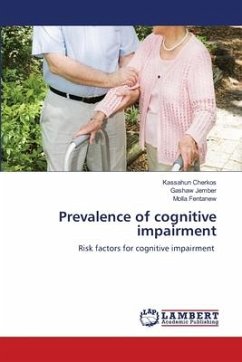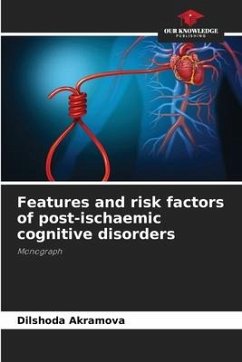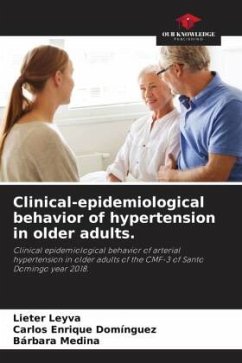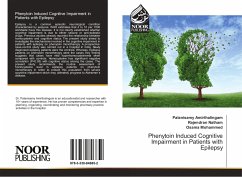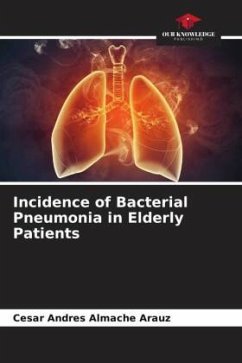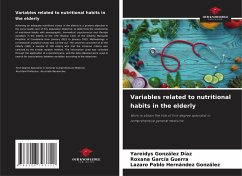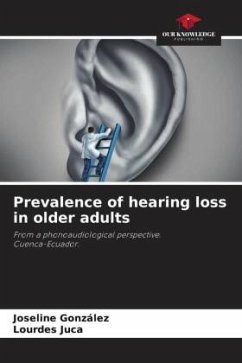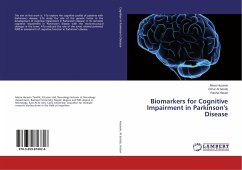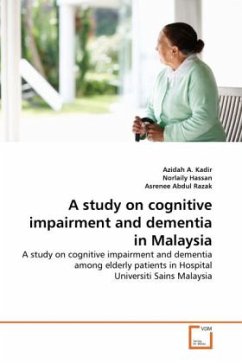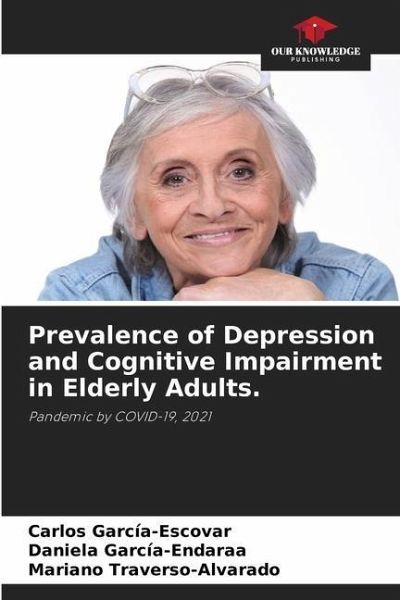
Prevalence of Depression and Cognitive Impairment in Elderly Adults.
Pandemic by COVID-19, 2021
Versandkostenfrei!
Versandfertig in 6-10 Tagen
29,99 €
inkl. MwSt.

PAYBACK Punkte
15 °P sammeln!
COVID-19 has generated contradictions in family coexistence; but older adults are more sensitive to suffer changes in their emotional and cognitive stability. The sample consisted of 647 Older Adults, 61.4% women and 38.6% men. 65.7% had "Mild depression" and 24.3% had "Established depression". 15.6% with "Possible cognitive impairment", 34.2% with "Mild to moderate cognitive impairment" and 1.9% with "Moderate to severe cognitive impairment". 61.4% of women and 38.6% of men have MCD. COVID-19 evidenced the fragility and lack of policies in favor of Older Adults. Additionally, multiple chronic...
COVID-19 has generated contradictions in family coexistence; but older adults are more sensitive to suffer changes in their emotional and cognitive stability. The sample consisted of 647 Older Adults, 61.4% women and 38.6% men. 65.7% had "Mild depression" and 24.3% had "Established depression". 15.6% with "Possible cognitive impairment", 34.2% with "Mild to moderate cognitive impairment" and 1.9% with "Moderate to severe cognitive impairment". 61.4% of women and 38.6% of men have MCD. COVID-19 evidenced the fragility and lack of policies in favor of Older Adults. Additionally, multiple chronic diseases (MCD) are related to the frequency of depression and cognitive impairment. National and local governments should implement a system to protect the elderly, linking universities with the MOH to generate a contingency plan to be applied in this pandemic and post-COVID-19.



